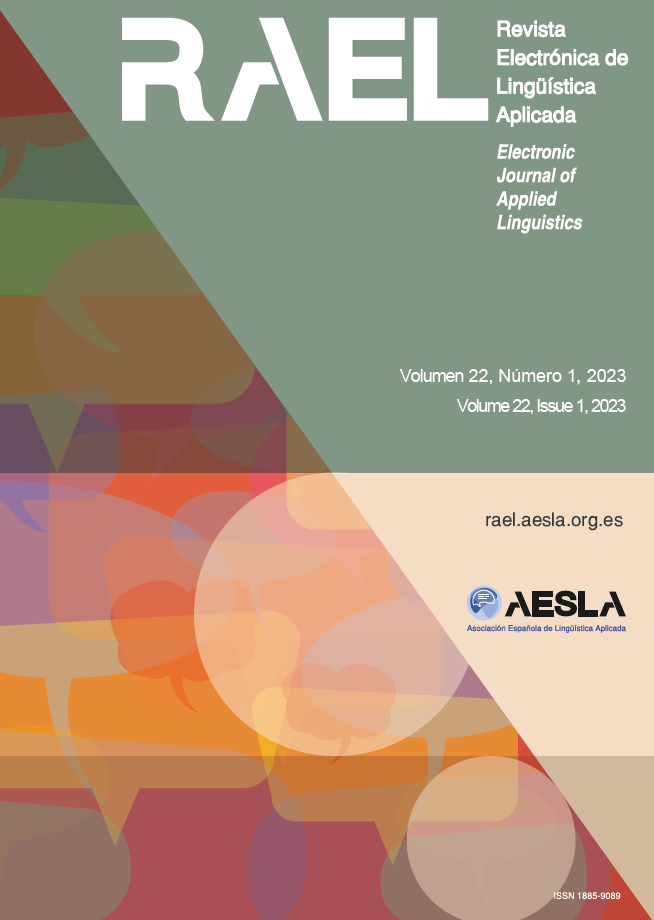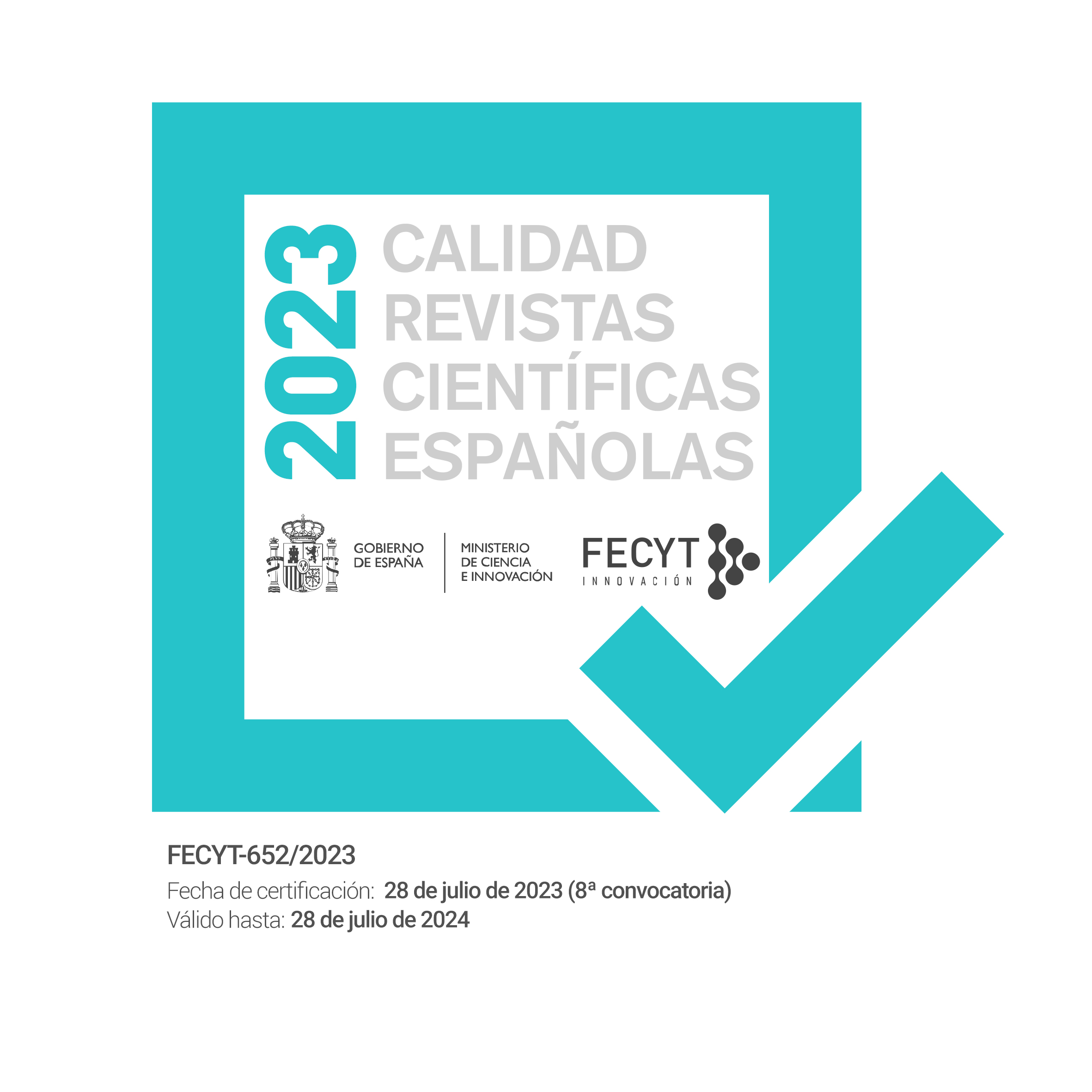Politeness in Petitions Signed by Nineteenth Century British Women before being Transported to Australia
DOI:
https://doi.org/10.58859/rael.v23i1.514Keywords:
manuscript petitions, letter-writing manuals, face threatening acts (FTAs), nineteenth century BritainAbstract
The nineteenth century witnessed the consolidation of the self within British society, which explains the development of the concept of face and the categorisation of the so-called Face Threatening Acts (FTAs), which became directly linked to the concept of politeness in the twentieth century. This study analyses fifteen nineteenth century manuscript petition letters signed by four women in prison. The analysis is two-fold. First, it compares these petitions with the model ones presented in letter-writing manuals of the time and the politeness instruction provided in them. Second, it provides a description of the FTAs found in the original petitions. The conclusion shows that these women probably had an awareness of politeness rules despite possibly never having read one of these manuals first-hand. It also suggests that the use of the politeness strategies analysed may have contributed to the granting of these women’s requests.
Downloads
Published
Issue
Section
License
Copyright (c) 2024 Nuria Calvo Cortés

This work is licensed under a Creative Commons Attribution-NonCommercial 4.0 International License.
Attribution - Non-commercial (CC BY-NC). Under this license the user can copy, distribute and publicly display the work and can create derivative works as long as these new creations acknowledge the authorship of the original work and are not used commercially.
Authors retain the copyright and full publishing rights without restrictions.









